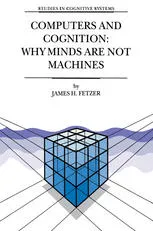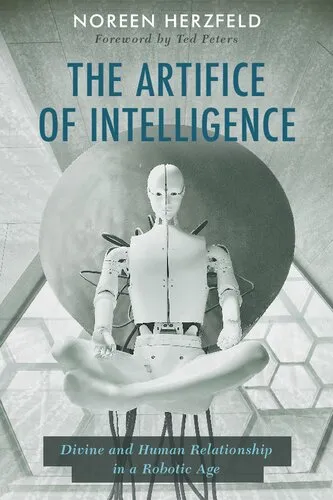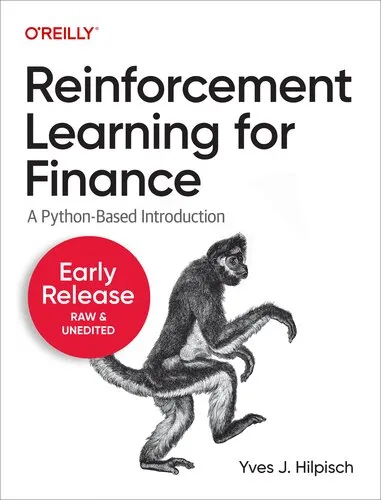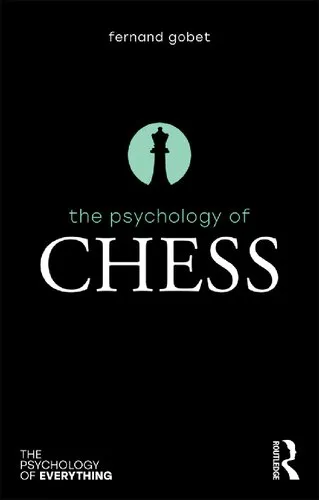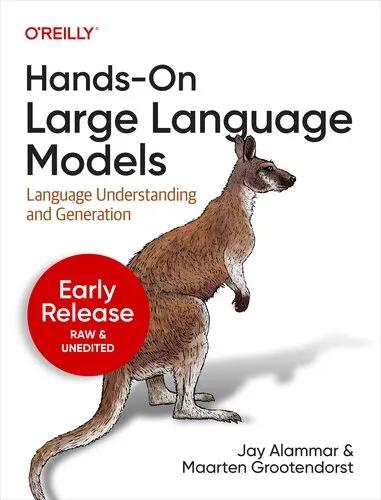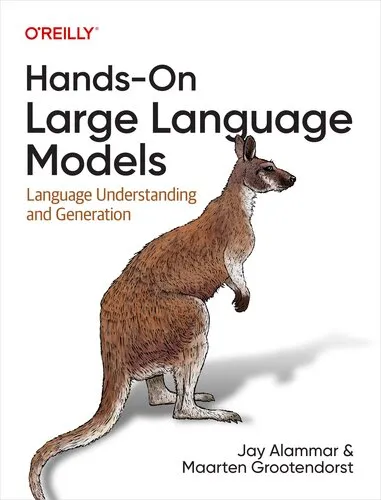Mind, Self, and Society from the Standpoint of a Social Behaviorist
4.5
بر اساس نظر کاربران

شما میتونید سوالاتتون در باره کتاب رو از هوش مصنوعیش بعد از ورود بپرسید
هر دانلود یا پرسش از هوش مصنوعی 2 امتیاز لازم دارد، برای بدست آوردن امتیاز رایگان، به صفحه ی راهنمای امتیازات سر بزنید و یک سری کار ارزشمند انجام بدینکتاب های مرتبط:
معرفی کتاب
کتاب Mind, Self, and Society from the Standpoint of a Social Behaviorist اثر جورج هربرت مید، که به ویراستاری چارلز دبلیو موریس منتشر شده است، یکی از آثار بنیادین در حوزه روانشناسی اجتماعی و رفتارگرایی اجتماعی است. این کتاب به بررسی تعاملات اجتماعی و تأثیر آنها بر توسعه ذهن و خود میپردازد و نقشی کلیدی در تغییر نگرش درک ما از روانشناسی و علوم اجتماعی ایفا کرده است.
خلاصهای از کتاب
این کتاب از مجموعه سخنرانیهای مید گردآوری شده که در آنها به مسئله ساختیابی Self و تشکیل Mind از طریق تعاملات اجتماعی پرداخته میشود. مید معتقد است که Self نتیجه تعاملات بین فردی است و از طریق فرآیند اجتماعیشدن و یادگیری نقشهای اجتماعی شکل میگیرد. او نظریهای درباره رشد ذهنی ارائه میدهد که بر مبنای رفتارگرایی و اهمیت زبان و ارتباطات در تشکیل آگاهی شخصی قرار دارد.
نکات کلیدی
- شناخت اهمیت نقشهای اجتماعی در شکلگیری Self.
- تأثیر زبان و ارتباط بر نحوه تفکر و توسعه ذهنی.
- بررسی روشهای انسانی برای فهم و پیشبینی رفتار دیگران.
- تحلیل نظریه رفتارگرایی و مقایسه آن با سایر دیدگاههای روانشناسی.
نقلقولهای معروف
«ذهن محصول تعامل اجتماعی است، نه واحدی مستقل که سپس به جامعه متصل میشود.»
«خود، چیزی نیست جز مجموعهای از فرآیندهای اجتماعی که در ذهن فرد جای گرفته است.»
چرا این کتاب مهم است؟
کتاب Mind, Self, and Society به عنوان یک منبع بحرانی برای فهم توسعه انسان از منظر اجتماعی شناخته میشود. این اثر نقش مهمی در تعریف و توضیح چگونگی ارتباط بین ذهن و جامعه ایفا کرده و درک ما از نحوه تعاملات اجتماعی و تأثیر آنها بر شکلگیری خود و جامعه را بهطور چشمگیری تغییر داده است. تحلیلهای مید به دانشمندان علوم اجتماعی و روانشناسان ابزارهای جدیدی برای بررسی پدیدههای اجتماعی و روانی فراهم میآورد.
Introduction to 'Mind, Self, and Society from the Standpoint of a Social Behaviorist'
George Herbert Mead's seminal work, 'Mind, Self, and Society from the Standpoint of a Social Behaviorist', edited by Charles W. Morris, presents a profound analysis of the social foundation of the self and its emergence through communication and social interaction. This text is crucial in the fields of sociology, psychology, and philosophy, providing a foundational understanding of how individuals function within a society.
Detailed Summary of the Book
'Mind, Self, and Society' delves into the intricate relationships between individual minds, societal influences, and the development of the self. Mead postulates that the human mind arises through the social process and can only be understood by examining the interactions within society. His work highlights the interdependence between individual identity and the customs, norms, and behaviors of society.
The book is divided into distinct sections, focusing on the inner workings of social behaviorism. Mead discusses key concepts such as the 'gesture' as a primary unit of communication and the 'significant symbol', which evolves into complex human language. As individuals interact through these symbols, they develop the 'self' — a process that involves reflecting on one's own actions from the perspective of others.
Moreover, Mead introduces the idea of the 'generalized other', a composite of societal norms and expectations influencing individual behavior. This conceptual framework is crucial for understanding the social nature of human beings, as it emphasizes that individuals adjust their behavior by considering the attitudes and reactions of others in society.
Key Takeaways
One of the main takeaways from Mead's work is the notion of self-concept as a socially constructed phenomenon. The self is not present at birth but emerges over time through social experiences and interactions. This challenges the traditional view of the self as an isolated entity, pushing readers to consider the societal factors that shape identity and consciousness.
Another significant takeaway is the role of communication in human development. Mead emphasizes active participation in social exchanges, suggesting that communication is foundational to human thought and interaction. His work suggests that understanding language and symbols is crucial for fully comprehending the human experience.
Famous Quotes from the Book
Here are a few notable quotes from Mead's text:
- "The self is something which has a development; it is not initially there, at birth, but arises in the process of social experience and activity."
- "Society is unity in diversity."
- "The individual experiences himself as such, not directly, but only indirectly, from the particular standpoint of other individual members of the same social group."
Why This Book Matters
This book matters because it bridges the gap between psychology and sociology, offering insights into how individual identity is intertwined with societal dynamics. Mead's analysis provides a foundation for understanding social behaviorism and social psychology, influencing subsequent theories in these fields. By exploring the relationship between mind, self, and society, readers are encouraged to reconsider personal identity within the broader context of community and interaction.
Furthermore, 'Mind, Self, and Society' remains relevant within contemporary discussions about identity, communication, and social change. It encourages a deeper exploration of societal structures and their impact on individual thoughts and behaviors, making it an essential text for students and scholars in related disciplines.
دانلود رایگان مستقیم
شما میتونید سوالاتتون در باره کتاب رو از هوش مصنوعیش بعد از ورود بپرسید
دسترسی به کتابها از طریق پلتفرمهای قانونی و کتابخانههای عمومی نه تنها از حقوق نویسندگان و ناشران حمایت میکند، بلکه به پایداری فرهنگ کتابخوانی نیز کمک میرساند. پیش از دانلود، لحظهای به بررسی این گزینهها فکر کنید.
این کتاب رو در پلتفرم های دیگه ببینید
WorldCat به شما کمک میکنه تا کتاب ها رو در کتابخانه های سراسر دنیا پیدا کنید
امتیازها، نظرات تخصصی و صحبت ها درباره کتاب را در Goodreads ببینید
کتابهای کمیاب یا دست دوم را در AbeBooks پیدا کنید و بخرید
1606
بازدید4.5
امتیاز0
نظر98%
رضایتنظرات:
4.5
بر اساس 0 نظر کاربران
Questions & Answers
Ask questions about this book or help others by answering
No questions yet. Be the first to ask!



